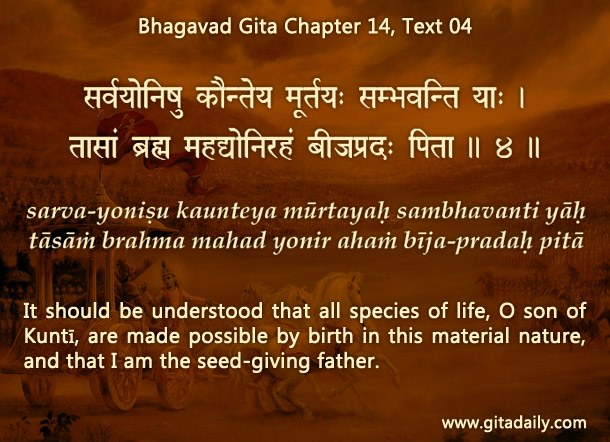For the last few centuries, we humans have used the power of technology to exploit nature indiscriminately and disrupt delicate ecological balances. Underlying our actions is a belief: we alone matter on the earth. We have believed that the earth is ours for the taking; that we can do whatever we want with it, provided we just gain the necessary power; that all other species need to make way for human progress, even if it means that they lose their habitats or lives.
While we were caught in our technological bubble, living increasingly in a world of tweets and streams, nature has come bursting through that bubble. All it took for nature is one of its tiniest entities: a virus that is invisible even to bacteria which are themselves invisible to us. Such a virus has brought to a standstill even countries with giant stockpiles of weapons of mass destruction. Through such disruption, might nature be urging us to rethink our beliefs?
Pre-modern traditions across the world have had a more sustainable view of nature. Outlining such a view, the Bhagavad-gita (14.04) states that nature is a womb in which divine impregnates all living beings. This implies that the earth is not merely a stage for humanity to brandish its feats; it is primarily a habitat for all living beings who need to live together, as cooperatively as possible.
Internalizing this vision, we all can in our own small ways become more environmentally conscious, avoiding or minimizing activities that take a heavy ecological toll. It’s easier to become environmentally conscious if we become spiritually conscious and find non-material enrichment through processes like yoga and meditation. By finding such enrichment, we will collectively decrease the materialistic activities that increase our carbon footprint. And we will individually become calmer in facing life’s challenges.
Think it over:
- What belief has driven our technology-centered progress?
- How might nature be teaching us to rethink that belief?
- How can finding non-material enrichment help us both collectively and individually?
***
14.04: It should be understood that all species of life, O son of Kunti, are made possible by birth in this material nature, and that I am the seed-giving father.
To know more about this verse, please click on the image
Explanation of article:
Podcast:


MAN is not a SUPREME animal on earth